The battery life of an electric toothbrush is a crucial factor for consumers, especially for those who travel frequently or use their toothbrush multiple times daily. With advancements in technology, the battery life of electric toothbrushes has significantly improved, but there are still notable differences across different electric toothbrush manufacturers. In this blog, we will explore the average battery life, factors that contribute to variations, and how to choose a toothbrush that best meets consumer needs.
Most electric toothbrushes on the market offer a battery life ranging from 7 days to 6 weeks on a single charge, depending on the model and usage patterns. Basic models typically last around 7–14 days, while premium models with advanced features can last up to 9 weeks. Powsmart, as a high-end electric toothbrush factory with lithium-ion batteries built-in the electric toothbrush tend to perform better in terms of longevity compared to those using nickel-metal hydride (NiMH) batteries.
The electric toothbrush battery life difference can be attributed to several factors:
The ideal battery life of electric toothbrushes varies depending on the consumer’s lifestyle:
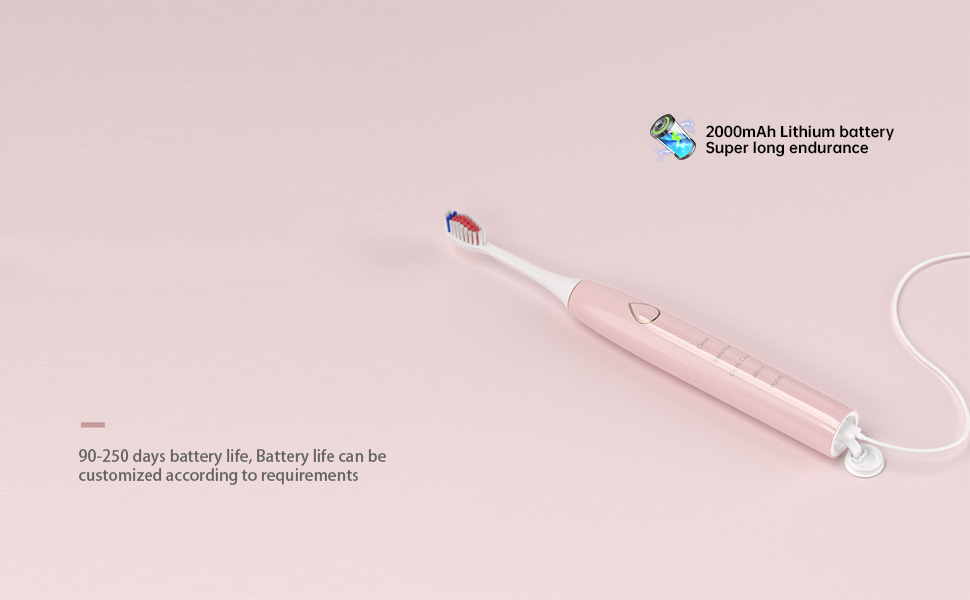
Understanding the electric toothbrush battery life difference can help consumers make informed choices. Manufacturers and retailers can highlight battery specifications prominently in their marketing materials to appeal to different user segments. Providing a range of options—from budget-friendly models with shorter battery life to premium ones with extended longevity—can cater to diverse customer needs.
The battery life of electric toothbrushes plays a vital role in customer satisfaction and product competitiveness. With innovations like fast charging and long-lasting lithium-ion batteries, manufacturers are continually enhancing the consumer experience. For businesses in the electric toothbrush industry, addressing battery performance in product development and marketing is essential to staying ahead in this competitive market.
.jpg)
Excessive Noise and Grip Failure Damaging Toothbrush Reputation?
.jpg)
Can Electric Toothbrushes Be Completely Eco-Friendly? Sustainable OEM Solutions

Electric Toothbrush OEM Process: The Secrets Behind the Professional Manufacturing Process
.jpg)
Modern Lifestyle: Contemporary Electric Toothbrush OEM Designs
.jpg)
USB-C Water Flosser Wholesale | Fast-Charging Oral Irrigator Distributor
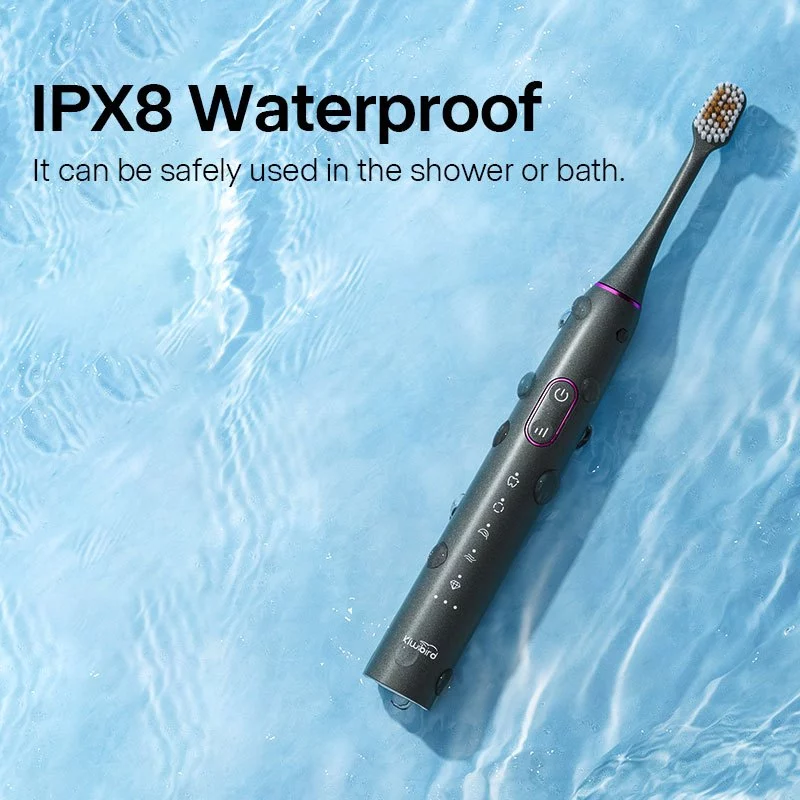
IPX7 Waterproof Electric Toothbrush Customization for Global Markets
.jpg)
Why Is Enamel Vulnerability Linked to Staining Residuals?
.jpg)
Electric Toothbrush Certification Requirements for OEM and ODM Manufacturing
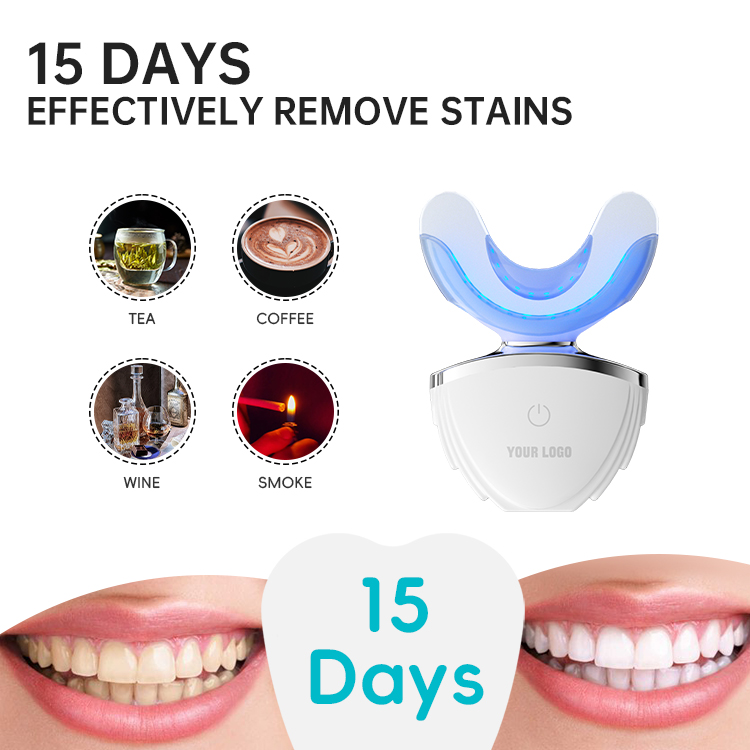
How Do Surface Reflectance and Subsurface Scattering Measurements Improve Whitening Efficacy Evaluation?
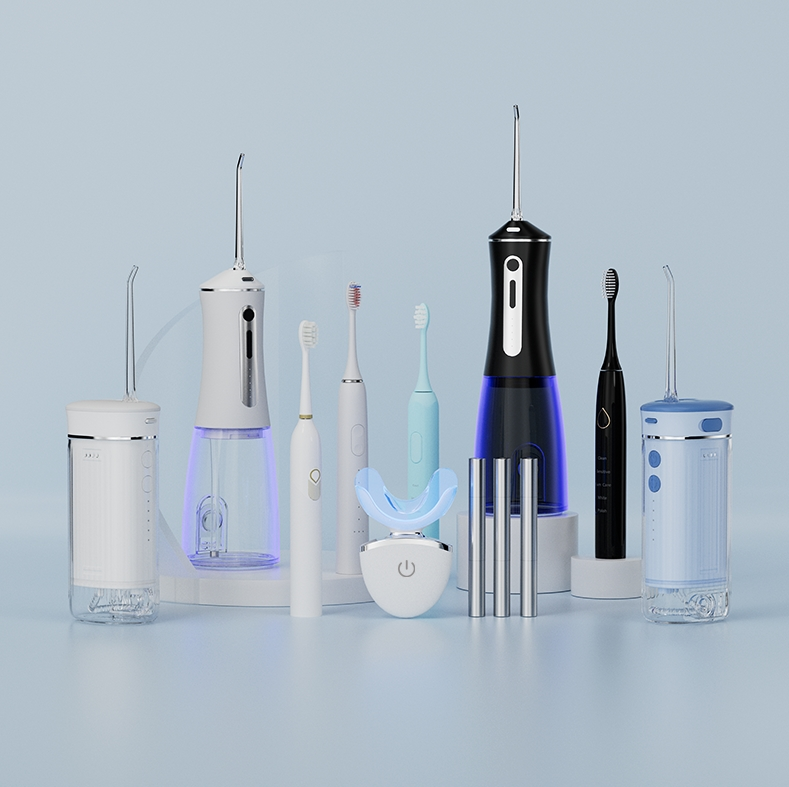
Solving the Common Issues of New Teeth Whitening Devices: Smart Countdown + How to Reduce 70% of Misoperations?
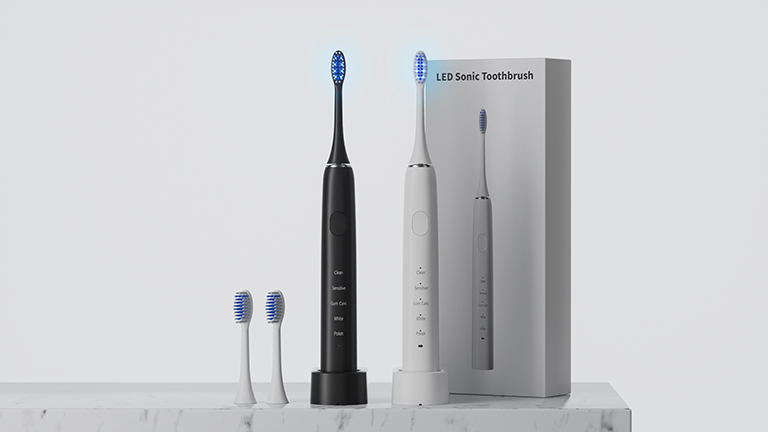
LED Teeth Whitening: Separating Science from Myth in OEM Product Development
.webp)
Why Integrate an Electric Toothbrush PCBA Solution with a Wireless Charging Toothbrush OEM for Seamless Production?

From manual to electric toothbrushes: a revolution in changing toothbrush habits
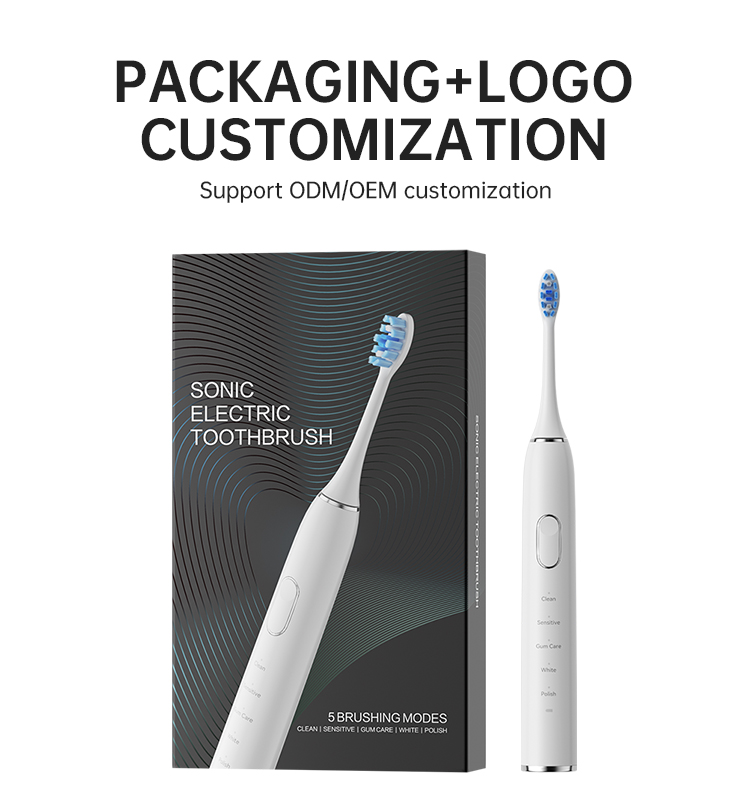
Can Innovative Toothbrush Mold Design Facilitate Ergonomic Custom Toothbrush Handle Production?

Why Is Flow Rate Calibration Critical for a Precise Pressure Control System?

Bulk Smart Toothbrushes for Dental Giveaway Programs in Washington